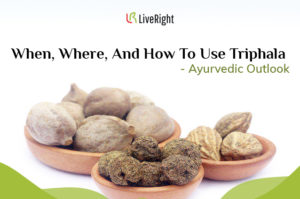Last updated on August 21, 2024 by Dr. Subashri Thanigaivel
Sometimes we tend to eat more than usual, especially when it comes to our favorite foods or drinks. And this habit of eating more than usual is called binge eating. It is more or less a continuous eating process that never stops even after reaching the saturation point of your stomach.
Are you a food lover, always ready with a watering mouth to taste a variety of foods? And yes, who can hold their temptation towards tasty foods? As humans, we do get tempted and appreciate various food items. But one must eat to satisfy their hunger not to satisfy their emotions.
What is Binge Eating?
Eating a large amount of food in a short time even with no appetite and eating when you are already uncomfortably full is called Binge Eating. It is not only an eating disorder, it is also a psychological disorder. Usually, you tend to binge eat when your emotional state is unstable. Binge eating once in a while is different, but it becomes a disorder and affects your gut health if it’s a habitual practice.

What commonly triggers Binge Eating?
Binge eating is commonly triggered by unstable or awful EMOTIONS. Have you ever noticed that whenever you have this craving to eat more is only when you are emotionally disturbed? A normal hunger gets satisfied once you refill your stomach with the required food. But binge eating does not usually happen with hunger, it comes together with emotional needs. The need for your body or brain to distract your focus. The need to supply nutrients when your emotions are disturbed. And most of the time, the psychological disturbance due to imbalanced emotions makes you feel all these needs.
To list a few emotions that make you binge eat;
- Stress
- Depression
- Loneliness
- Fear
- Anxiety, etc.

What are the side effects of Binge Eating?
Yes, habitual binge eating does have side effects. Most importantly, it affects your overall gut health. Some common side effects of binge eating are;
- Weight gain leading to obesity
- Digestive issues
- Bloating
- Nausea
- Acid reflux
- Constipation
- Diarrhea
- Indigestion
- Stomach cramps
- Abdominal pain
- Low energy & focus
- Drowsiness
- Lack of enthusiasm, etc.

Most of the above mentioned side effects are connected to your gut health directly or indirectly.
RELATED: 9 Unhealthy Eating Habits That Affect Your Gut
Eating your fav food is a good decision. But excess eating and overloading your stomach is a poor decision. Never load your stomach with food or eat less than usual. A sudden increase or decrease in food quantity disturbs your gut mechanisms. So maintaining the correct amount of food is necessary for a healthy gut.
Let’s maintain a healthy gut for a healthy life!




